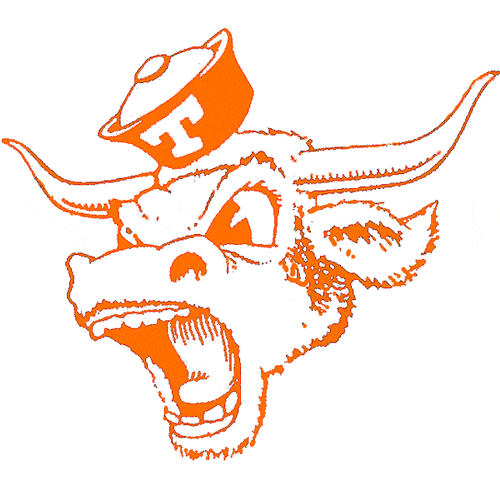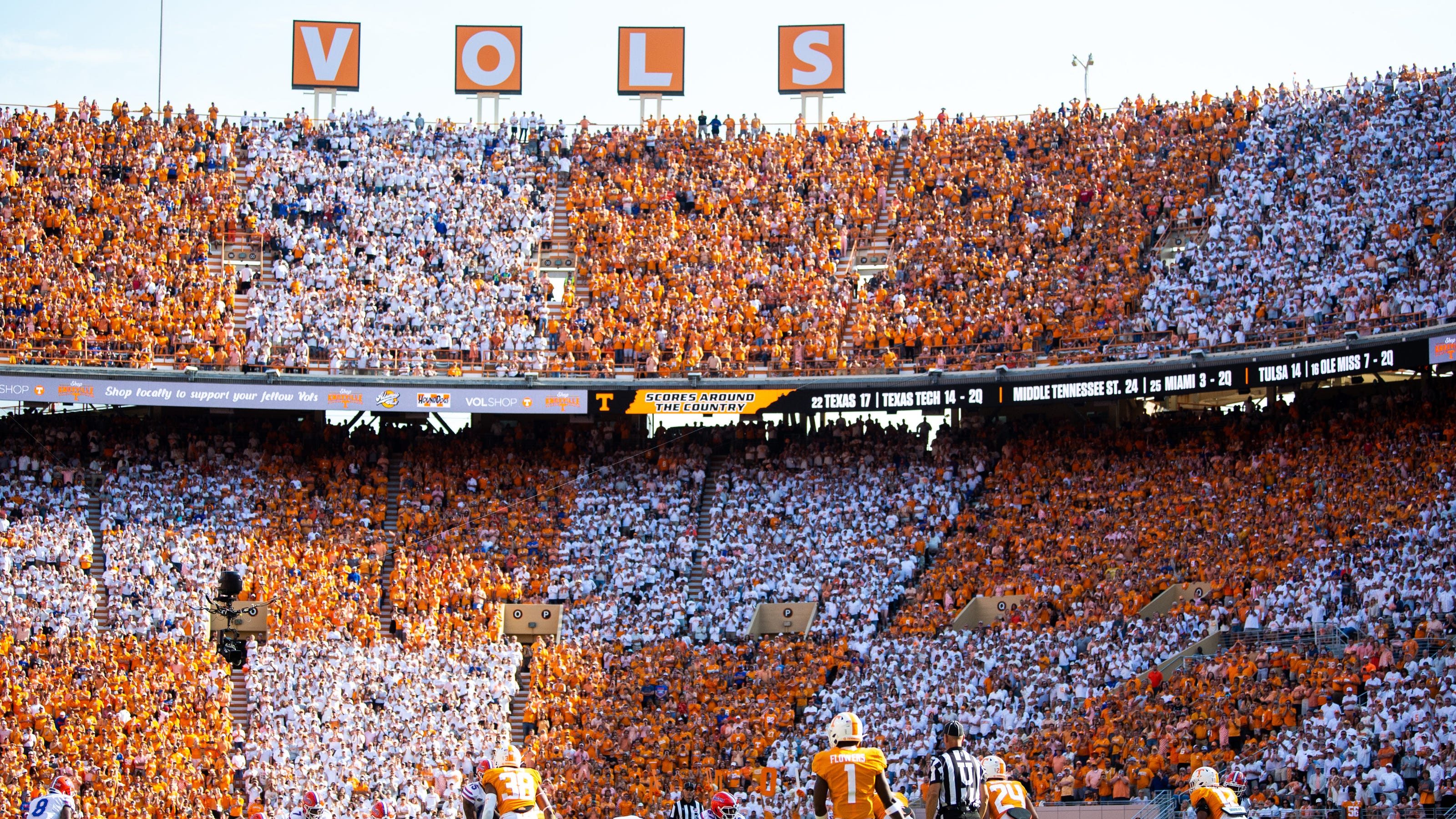The newsworthy part of the article:
The University of Tennessee will increase football ticket prices and the required donations that accompany them by an average of 14.5% in 2025 with most of the new cost going to a “talent fee” to pay players.
…
Here’s the breakdown of the average 14.5% price increase of tickets at Neyland Stadium in 2025:
- Initial average increase of 4.5% per seat on single-game tickets and season tickets plus donations. Some will be higher, some lower. That increase accounts for UT’s rising costs for construction, food, travel and other athletic department expenses.
- An additional 10% increase per seat on all single-game tickets and season tickets plus donations as a “talent fee” to fund the revenue-sharing pool for athletes coming as early as 2025.
- Season ticket renewals will begin Thursday, and the renewal deadline is Feb. 27, 2025. UT is offering a 10-month payment plan to help fans absorb the cost increase.
UT already doubled student ticket prices from $10 to $20 this season, and they’ll go up to $25 in 2025.
Paying Tennessee players, extra scholarships could cost $30 million
The details of revenue sharing aren’t known yet because they’re contingent on the settlement of the House v. NCAA federal antitrust case, which is still amid negotiations. Revenue sharing could go into effect as early as July 2025.
But generally, schools will have the option of funding up to 22% of their annual revenue, or about $22 million, to pay athletes. It could work sort of like a salary cap for college sports, but that structure is also murky.
All SEC and Big Ten schools are expected to opt in to the revenue-sharing model, and some schools from weaker conferences will attempt to keep pace.
Paying athletes for their name, image and likeness could still be a factor in landing and retaining top players. But NIL’s place in a revenue-sharing model is uncertain.
The cap on scholarships also will rise as early as July 2025. Football can go from 85 scholarships to 105. Baseball can go from 11.7 scholarships to 35, and so on.
Many schools won’t be able to fund those extra scholarships unless they drop some sports.
For schools like UT that are opting in, it will require about $30 million annually to both fund revenue sharing and additional scholarships. That’s where UT’s ticket price hike comes in.
“It’s really a $30 million-plus math problem,” White said. “We’re not just offloading it to our fans. We are asking them to help us with a portion of it.”
How ticket price hike will fund portion of player pay
UT estimates the 10% ticket price increase for a “talent fee” will account for $7.5 million, or about one-third of the annual $22 million revenue-sharing pool to pay athletes.
…
And the whole second half of the article dissolves into fluff that is mostly blowing smoke up the AD’s ass (nothing against the other UT, but being the highest paid AD in the country while asking for money is simply risible)



So at first I found it indefensible, but then I listened to Ross Dellenger explaining it on his podcast and it sounds like the current rules (and the NCAA’s unwillingness to change) force schools into this position because they won’t be allowed to foot the bill 100% directly, even if certain court cases play out in favor of the athletes. Sadly, that means many schools will probably follow suit.
Glad they can keep a good college atmosphere though. That’s something Chris del Conte was able to do at Texas while offering more premium options. And our student tickets were already expensive… envious at what Tennesse students were paying